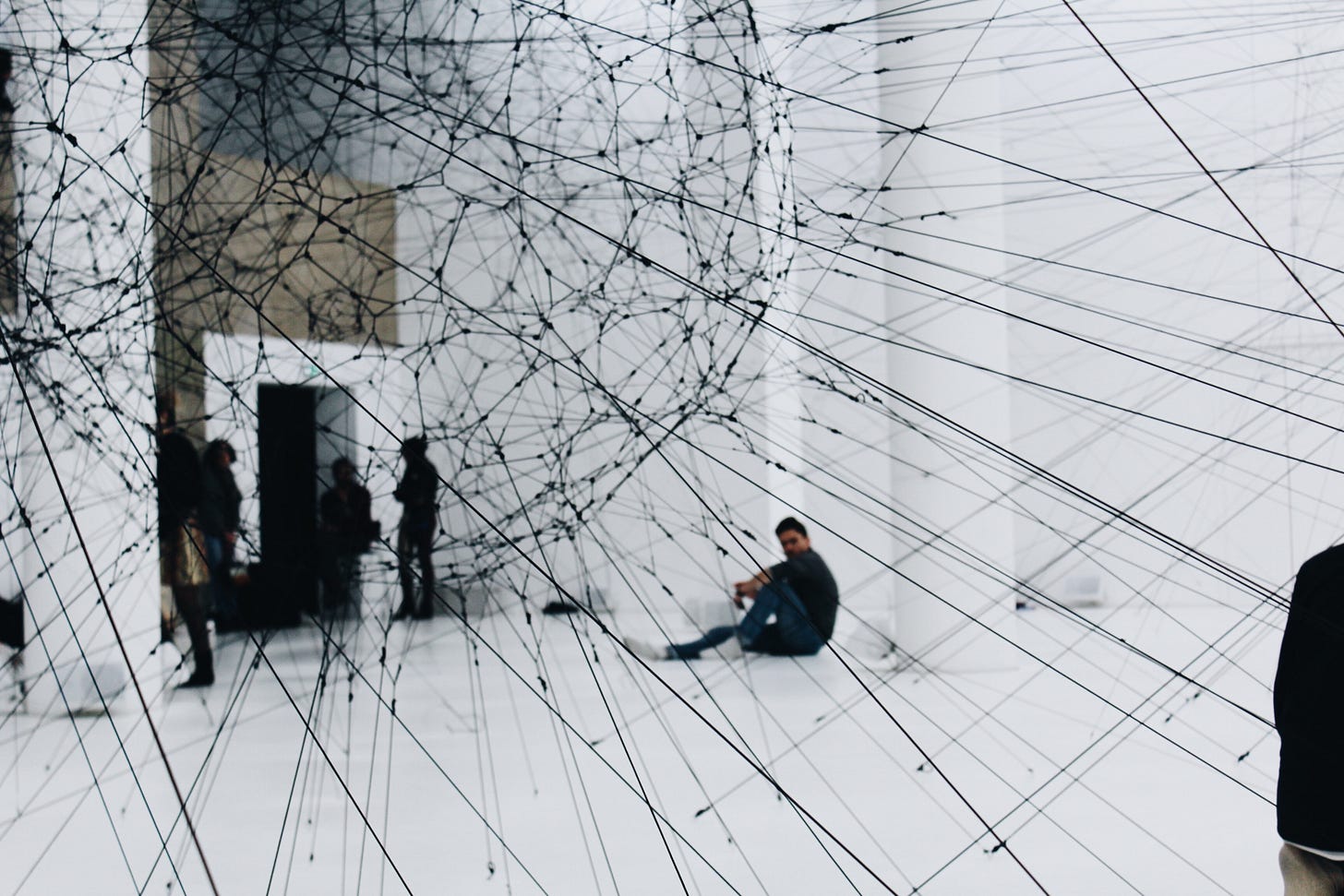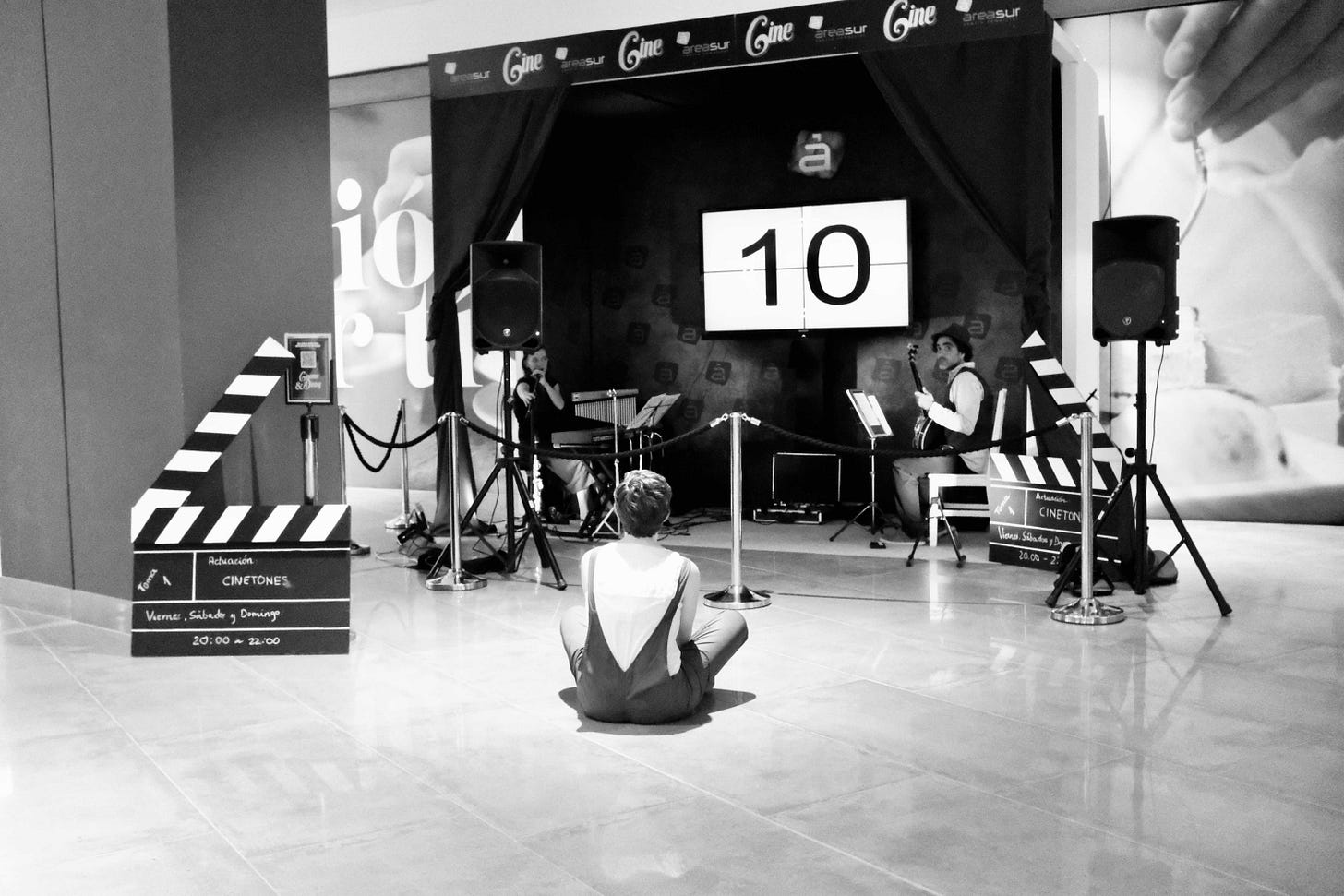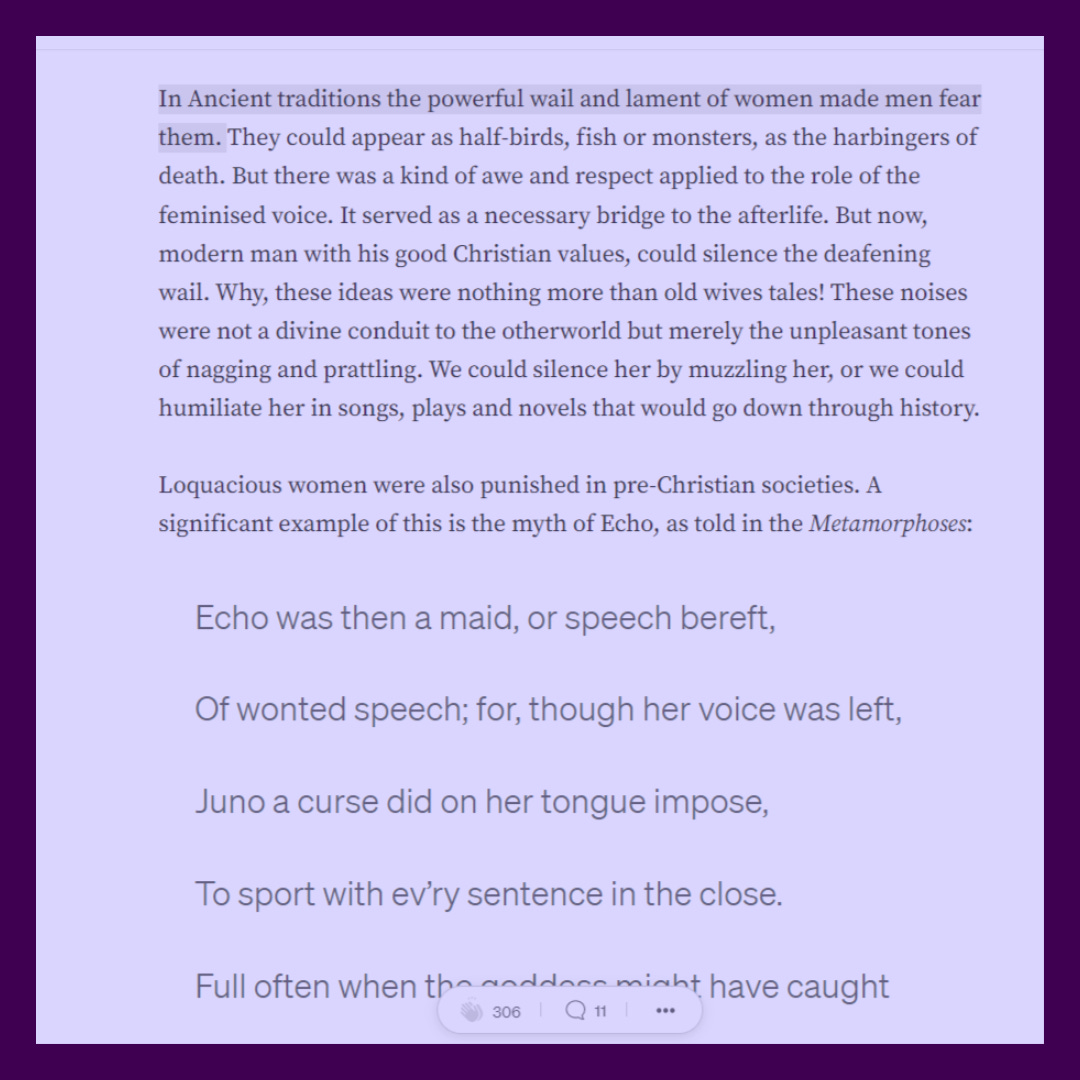Arts funding has more than halved over the past few years in the UK, and where I live now in Spain. It’s terrible, but art was and always will be the first sector impacted by austerity measures. And art will always exist, whether money is there or not. The difficulty is that it’s us poor suckers, artists and writers, left scrabbling to survive whilst we keep creating.
We don’t create because it’s a hobby or because it’s fun, but because it’s a compulsion. It’s just what we do. Like the young engineer who takes apart a machine to see how it works, the young surgeon who pokes her first dead bird with a stick, the marketing executive who makes spreadsheets for holidays with their friends. We will make art whatever happens, and we will be praised, but we will not be paid, or saved.
During an English lesson with my students the other day, I asked them to describe the qualities people might need to work in different professions. For example, a nurse might be hardworking and kind. When I asked them what attributes made a good artist, one of them said, “to be healthy”. Her sister looked at her as if she were mad: “No! Artists aren’t healthy.”
It was hard not to disagree. I am a writer and artist who has had health struggles, both mentally and physically. I know many artists like me. Who knows why this might be. Lonely, sickly childhoods, which gave us time to experiment and develop our craft? Or the fact that the majority of artists struggle to survive, living hand-to-mouth?
It is an utter joy to dedicate the great part of your life to creativity, yet the joy is offset by a great deal of pain. My student’s observation is consistent with the societal belief that you must have a screw loose if you want to have a career as an artist.
You are often lauded, but you are also treated with contempt. People accuse you of arrogance, naivety, and selfishness. They do not understand why your sole goal isn’t to make as much money as possible. When you get commissioned you give up on saying that what you are being paid only covers a fraction of the costs you need to survive. The list goes on, but these are things we all knew and have always known.
A problem I see now in the artist community, and one we don’t talk about enough, is our propensity to get isolated.
The world is very noisy right now. To make work we need a lot of time alone and to think. For me, this has been a conflicted journey. I have spent a long time convincing myself that really, I like to be alone. But I don’t all of the time. I often miss my family and sometimes wish I could just throw caution to the wind and hang out with my friends all weekend.

I see many other artist and writer friends similarly isolated. We don’t have an alternative. We accept this. We accept that to create good work you need a monk-like focus, and there is a lot that you need to sacrifice. And we often forget about each other. We forget about community. We forget to raise each other up, clap, and tell each other, “you’re doing so well. Keep going!”
There is another societal stereotype that artists are sensitive and precious. In reality artists have to be incredibly resilient. We must numb ourselves to the fact that most of the time our work is ignored. Even if you have one piece of work that gets significant attention, it goes alongside years of graft and material that will remain unseen. We don’t complain, it’s part of the job. Yet we are so focused on our own work that we forget to celebrate the work of others.
This is less of a treatise and more of an appeal to other artists, writers, and friends to take notice of each other.
When we see they’ve shared or published work we clap, like, comment, share – even send a message telling them you loved what they did. Even if we didn’t love it, perhaps we can let them know that it got us thinking, or merely acknowledge the amount of effort put into it.
Artists learn not to look for external validation as the lack of it is essential to their survival. But we must remember how good it feels when someone notices what we’re doing. Mindful acknowledgements of our hard work give us buoyancy. They help us remember how to float on stormy seas when we’ve forgotten.
In the absence of cheap and bohemian artist neighbourhoods, we must seek alternative ways to gee each other up, and it’s usually online. Let’s interact; pay attention to each other’s work. Because it’s not true that we create in a vacuum. And we are not each other’s competition.
Recently published work
I will leave you with some excerpts of the latest piece I published for Those Who Were Dancing, a music and sound publication I edit with Lydia Beardmore. It is my own history of the feminine voice in literature, poetry, songs, Irish and Greek mythology and popular culture. The feedback has been phenomenal. I am touched and motivated when people take the time to read my work. It’s even better when they write me a personal note telling me that it impacted them.
My favourite responses so far are:
“Possibly the most compelling introduction to feminist thought I have ever had the privilege to read. I am now committed to delving deeper. It touches my core in so many ways. When the student is ready the teacher appears.”
and
“Thanks for writing this scholarly and remarkably interesting article. I hope it is part of a book you plan to publish at some point. It needs to be read widely.”
I hope so too!
I have added some excerpts of the article below. It may inspire you to read this piece. Perhaps I will share excerpts of stories I am working on in the future too. And if you like it, please share, clap and comment. It helps my work get seen, and this means I am more likely to be remunerated for months of hard work.
Read The History of the Feminised Voice
P.s. If you like what I do and can help me towards submission fees for films and short stories I would be so grateful! The fees for the month of February alone amount to 31 GBP.










